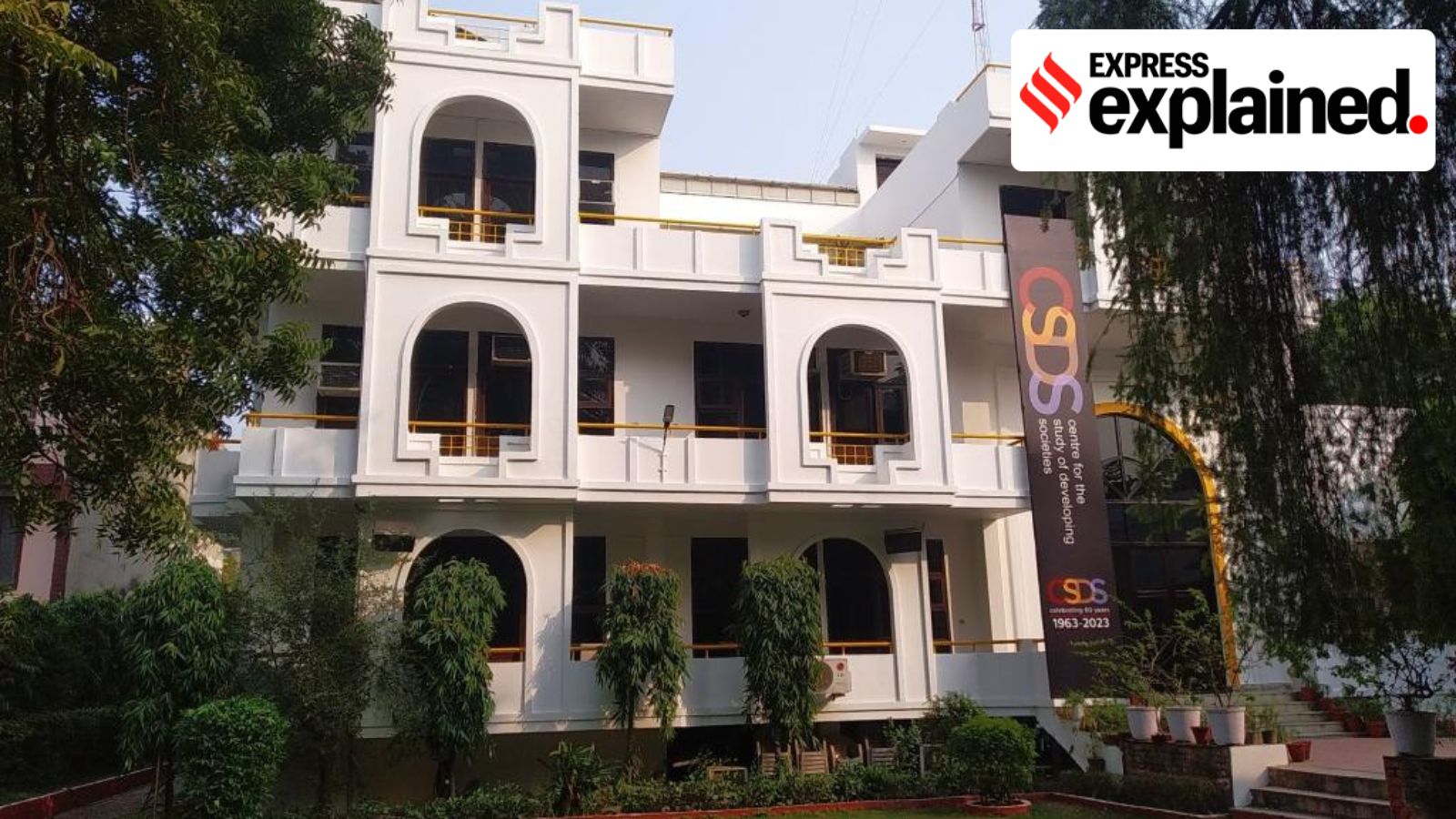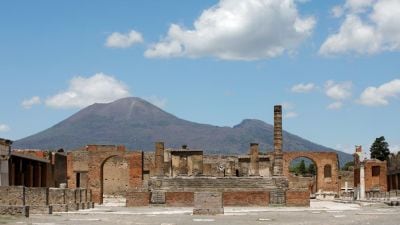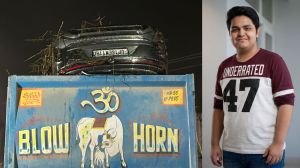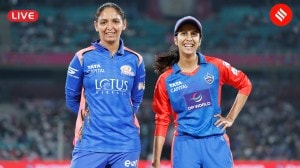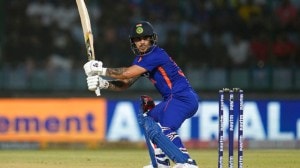ICSSR, a body under the Union Ministry of Education that promotes research in the social sciences, provides discretionary grants to Delhi-based CSDS, which is among the country’s leading social sciences research centres.
CSDS has been supported by ICSSR since 1969, when the council was set up. CSDS is required to reply to the notice within seven days.
ICSSR has accused CSDS of “data manipulation” to create a “narrative with the intention of undermining the sanctity of the Election Commission of India”.
On August 17, social scientist Sanjay Kumar, a professor at CSDS and a former director of the Centre, posted numbers on X that showed a 36-38% decline in the number of voters at two Assembly constituencies in Maharashtra between the Lok Sabha and Assembly elections that were held a few months apart in 2024.
On August 19, Kumar deleted the post and apologised for the error which he said had occurred due to a misreading of data.
While Kumar said he had no intention of spreading misinformation, the BJP accused CSDS of colluding with the Congress to “publicise fake data”. The Chief Electoral Officer of Bihar posted a screenshot of Kumar’s deleted post and said “his data was quoted by many INC and Opposition leaders for questioning EC”.
Story continues below this ad
Rahul Gandhi and the Congress party have criticised the Election Commission’s ongoing Special Intensive Revision of electoral rolls in Bihar, and Rahul had, in an Op-ed written for The Indian Express, alleged “match-fixing” in the Assembly election in Maharashtra last year.
In its showcause notice sent on August 20, a copy of which was marked to the Education Ministry, ICSSR also pointed to other alleged “irregularities” at CSDS, including the appointment of faculty in violation of UGC guidelines, an opaque method of appointment of directors, and not holding the election for chairman of the governing body.
Research at CSDS
At an institutional level, CSDS focuses its research in the broad areas of humanities and the social sciences, and has largely been associated with empirical work on Indian politics.
But it has had an interdisciplinary nature, and scholars from a range of fields including like political science, history, philosophy, economics, and sociology have been among its faculty and honorary fellows.
Story continues below this ad
Soon after its founding in 1963, CSDS established a formidable reputation as a research institution. Among the most distinguished names associated with the Centre were Rajni Kothari, one of India’s most eminent political scientists, D L Sheth, a leading scholar of caste and democracy, the eminent psychoanalyst Sudhir Kakar, and the sociologist and clinical psychologist Ashis Nandy.
CSDS also tried to connect scholars in India, Nepal, Pakistan, Sri Lanka, and Bangladesh, and brought out reports on the State of Democracy in South Asia in 2007 and 2017.
The Board of Directors at CSDS includes academics such as political scientists Balveer Arora and Neerja Gopal Jayal, the economist and former professor at the Indian Statistical Institute Arunava Sen, and legal scholar B S Chimni.
ICSSR is represented on the Board through its Member Secretary Dhananjay Singh, and the Council’s nominee Ram Singh, director of the Delhi School of Economics.
Story continues below this ad
CSDS director Awadhendra Sharan is Member Secretary of the CSDS Board of Directors.
CSDS also runs specific programmes such as Lokniti, which focuses on empirical and theoretical research on democratic politics; Sarai, which focuses on urban life and its transformations; an Indian languages programme; and the Parekh Institute of Indian thought “to study the past and present moral social and political thought of India”.
CSDS lists a diversity of research themes on its website, as also a project on science, technology, and democracy. It also lists three journals – Bioscope, Pratimaan, and Studies in Indian Politics.
Among the new initiatives listed on CSDS’s website are the International Centre for Advanced Studies, with German collaboration, and Law and Society, dealing with the interface of law and the social sciences.
Story continues below this ad
The faculty of CSDS has been publishing books and research papers, and has been involved in research projects, as listed in ICSSR’s 2023-24 annual report.
Among the honorary fellows of CSDS are eminent scholars like Ashis Nandy, Bhikhu Parekh, Charles Taylor, Deepak Nayyar, T N Madan, Rajeev Bhargava, Ravi Vasudevan, and Shail Mayaram.
Funding of CSDS
A major part of the funding of CSDS comes from ICSSR. ICSSR’s annual report 2024, which is available in the public domain, shows that the total income of CSDS in 2023-24 was Rs 9.9 crore, of which ICSSR gave about Rs 4.51 crore – Rs 3.9 lakh as salaries and allowances, and Rs 60.2 lakh for research schemes/ programmes and maintenance.
The income of CSDS from its own sources – projects, fellowships, and consultancy – was Rs 4.58 crore. This means that about 46 per cent of the income of CSDS came from ICSSR.
Story continues below this ad
Of the salary and allowances expenditure of CSDS – which was about Rs 6.24 crore in 2023-24 – about 63 per cent came from ICSSR.
The foreign contributions listed on the CSDS website are small – in April-June 2025, it received Rs 12.71 lakh; in January-March 2025, it received just 11.72 lakh; in October-December 2025, it received two amounts of Rs. 4.39 lakh and 4.38 lakh; and in July-September it received two amounts of Rs. 2.82 lakh and Rs. 4.58 lakh.

